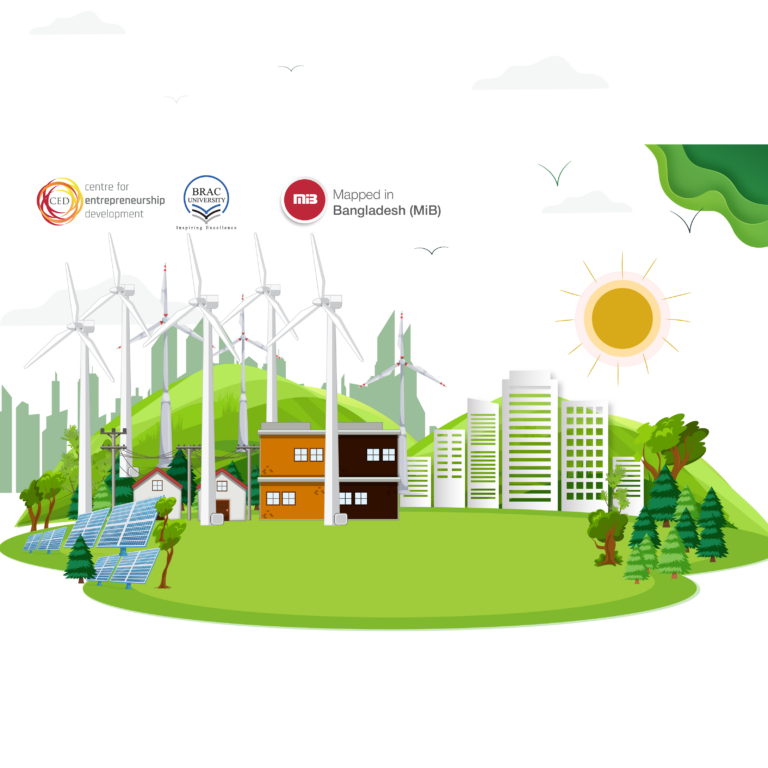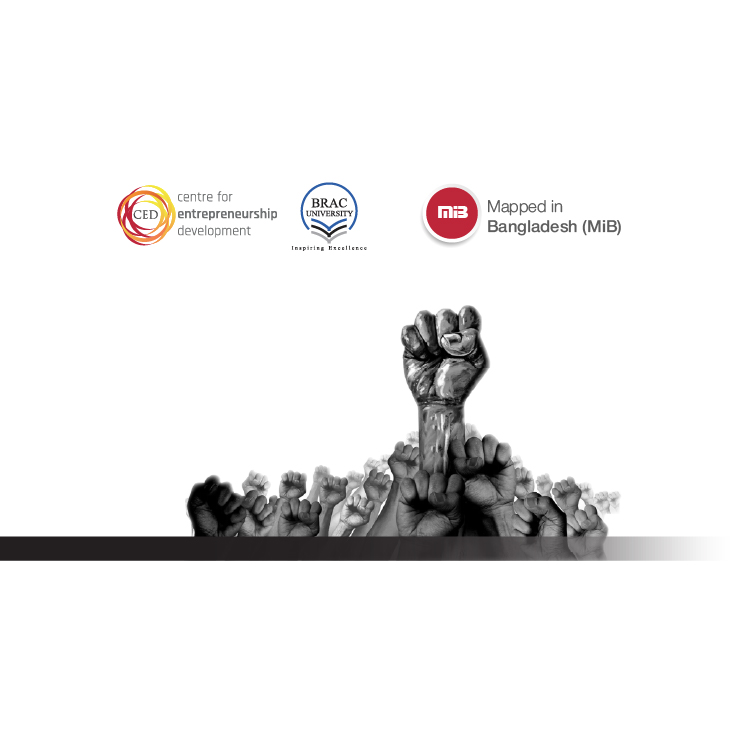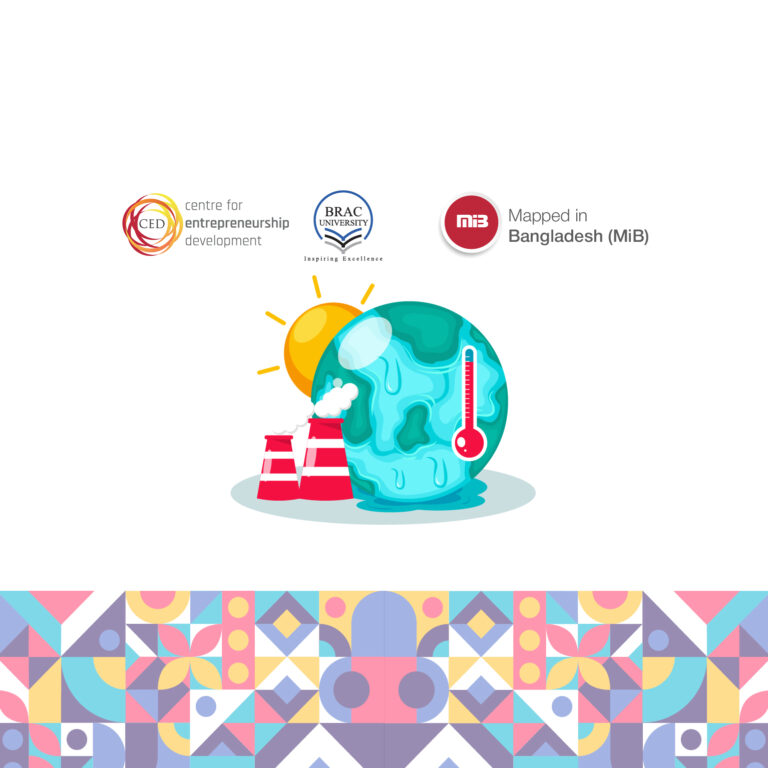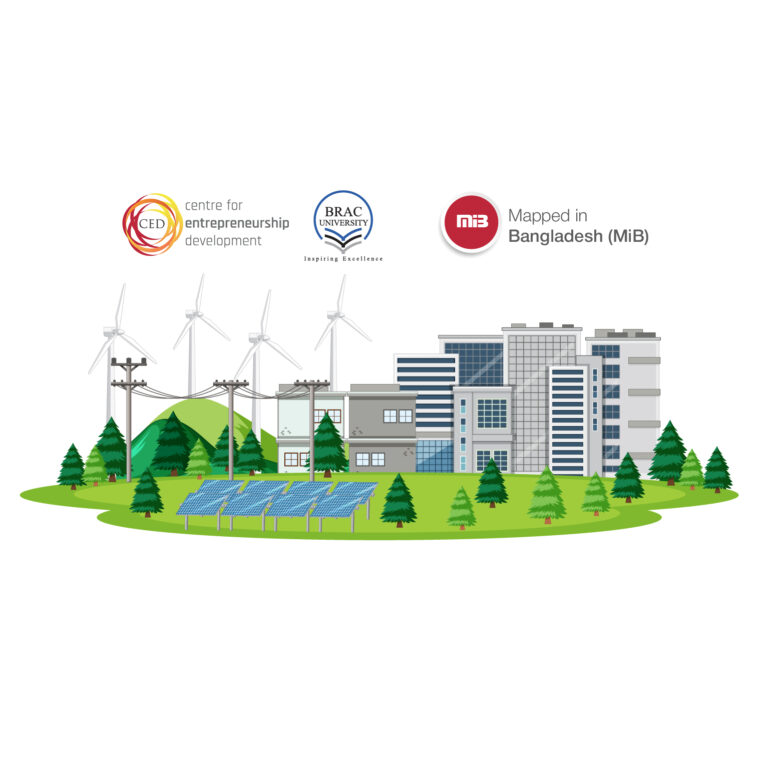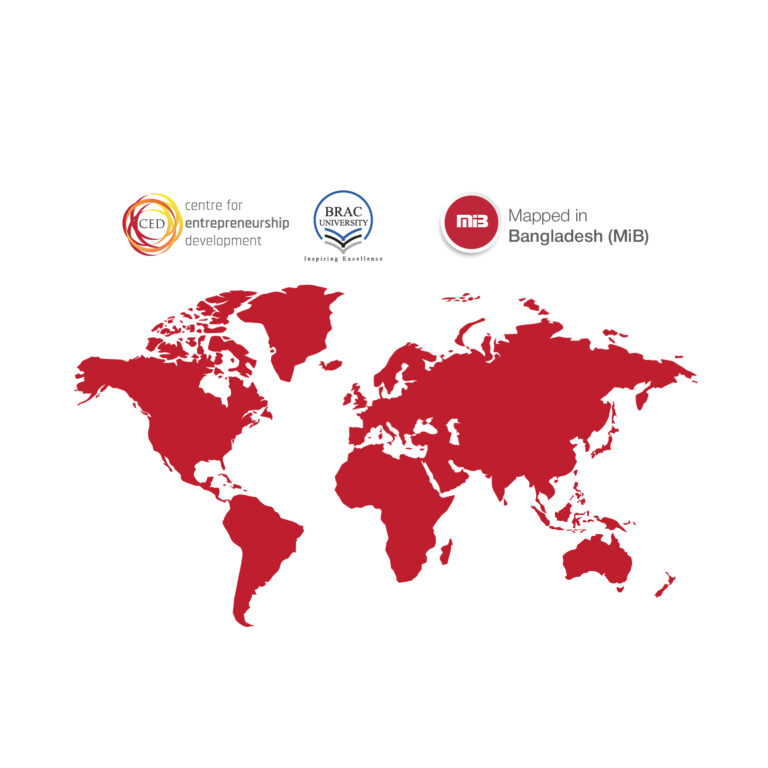Supporting Global Workforce Research
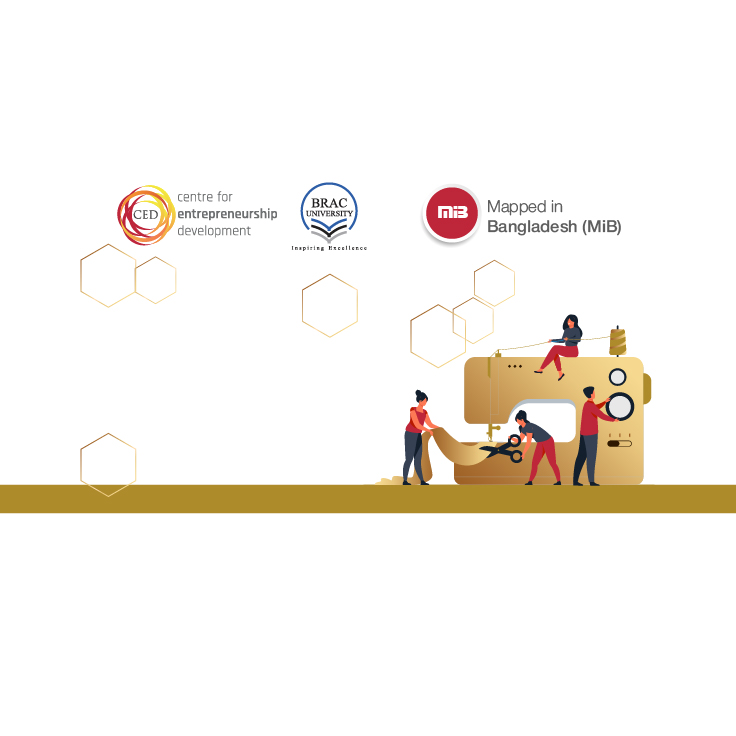
Background
Katalyst Initiative helps to develop value chain governance strategies for labour and environmental issues. Katalyst’s new research project “Global Garment Workers Count: Estimating the Size & Composition of the Global Garment Workforce.” aimed to fill a critical gap in the understanding of the global garment industry’s workforce. Current published global estimates are not very detailed or well-documented, and lack insights into employment patterns across various regions, value chain stages and demographics. A key aspect of the research was obtaining precise data from Bangladesh, one of the largest garment-producing countries in the world. The organization sought to utilize this data to ensure the accuracy and relevance of their global workforce model.
The Challenge
There is growing international recognition of the need for a ‘Just Transition’ to an economy that can operate within planetary boundaries while ensuring good jobs. Planning for a Just Transition however, will require better information than is currently available, to understand how best to manage the transition, and how to prevent unintended consequences. To develop an accurate and comprehensive estimate of the global garment workforce, Katalyst Initiative needed to gather disaggregated data that would allow the construction of a robust, evidence-based model that could be used to inform policy and decision- making on a global scale. To do this, the organization required detailed, reliable data specific to Bangladesh’s RMG sector.
The Solution
Mapped in Bangladesh (MiB) provided Katalyst Initiative with a comprehensive dataset that included data on total worker numbers and gender ratios, two critical data points for Katalyst’s model which are often difficult to find. Moreover, MiB was able to provide its methodology for defining an RMG factory, key for ensuring data consistency in their analysis and aligning with local industry practices and Katalyst’s global model. This dataset allowed Katalyst to accurately map the workforce in Bangladesh, significantly contributing to their global workforce model and reiterating the importance of local, independent, detailed data in understanding global industry dynamics.
The Result
The data provided by MiB was critical in enabling Katalyst Initiative to create robust and evidence-based estimate that at least 72 million people are working in the global garment industry’s manufacturing stages.
By leveraging MiB’s extensive and detailed dataset, Katalyst was able to gain a deeper understanding of the size, distribution, and characteristics of the RMG workforce in Bangladesh. This in turn strengthened their global model and provided valuable insights that will help policymakers, industry stakeholders, and civil society better understand and address the challenges facing garment workers worldwide. The study’s success demonstrates the power of accurate, localized data in shaping global research and policy discussions, ultimately contributing to more effective governance and improved labor conditions in the RMG sector.
Testimonial
Good data will be critical for a successful Just Transition to a low-carbon economy that preserves industries and jobs in countries around the world. The kind of data that MiB generates can act as a model for many other countries and industries and types of value chains as the world considers how to reorient production in more sustainable directions. MiB’s data helped to strengthen Katalyst’s global workforce estimate, and helps to make it a more valuable tool for industry stakeholders”data, our team can solve cases in a timely and efficient. Not only does limit disruption for workers, but it also enables our team to take on more cases.

Implemented by
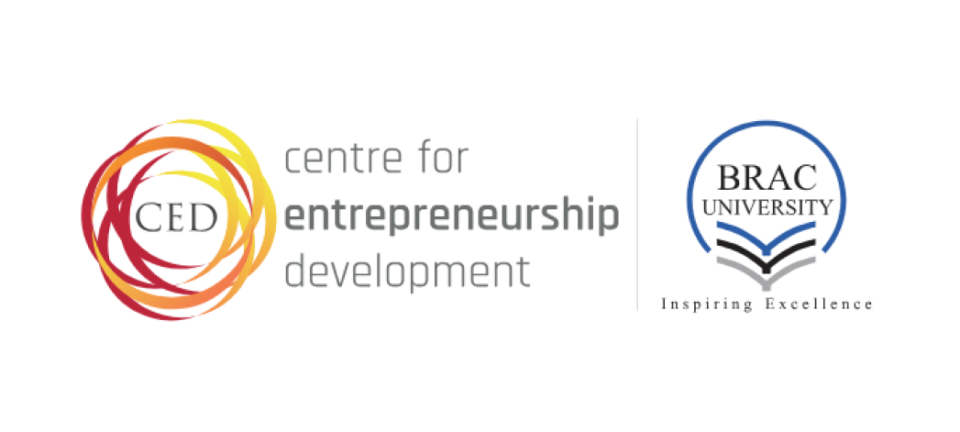
Funded by

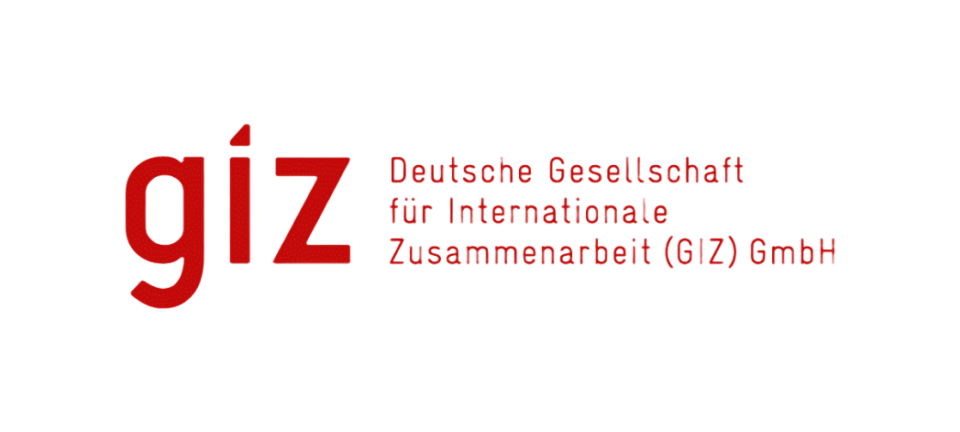
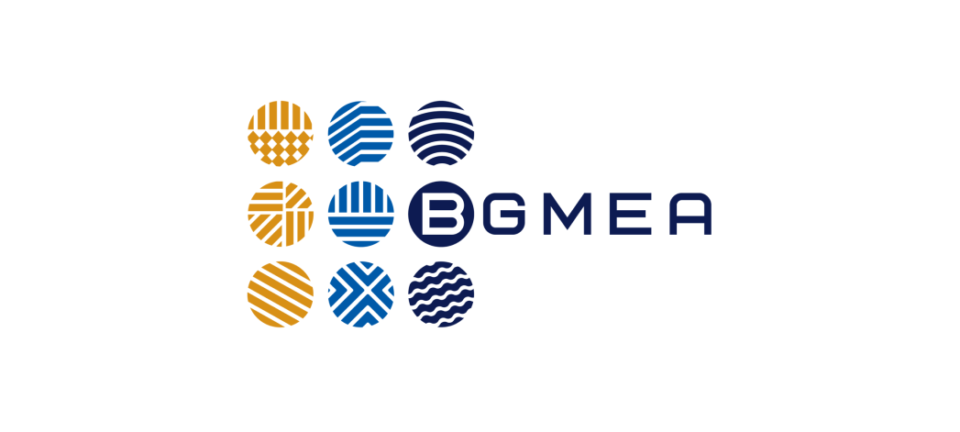
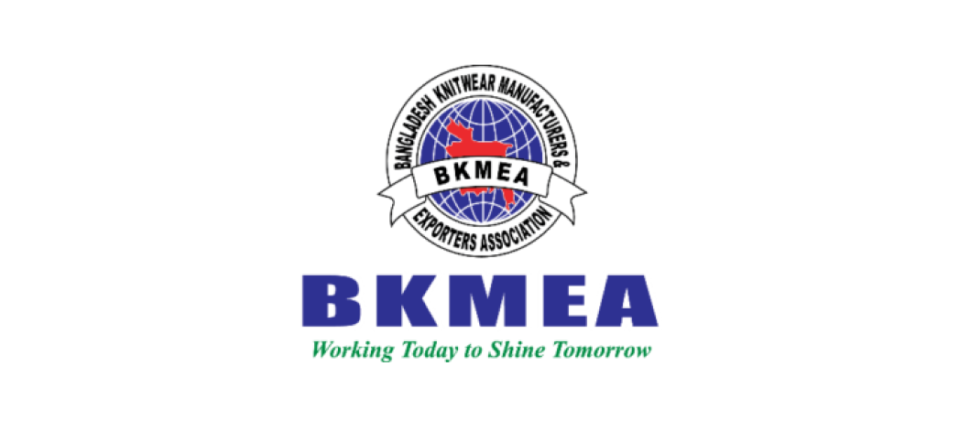
Latest Case Studies
Read the case studies and updates from the MiB team.
